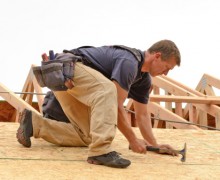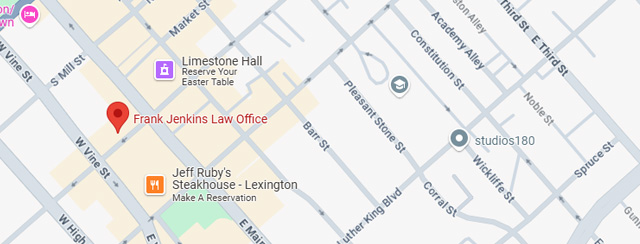
The U.S. Department of Labor’s Occupational Health and Safety Administration, or OSHA, wants employers and workers to be prepared for storm season this year by taking precautions in advance. OSHA stresses that employers are responsible for the safety and health of their workers which is why OSHA urges all employers to have an emergency plan in place to prevent workplace accidents.
Spring rains and changing temperatures often bring heavy storms, floods and tornados to Kentucky. Workers in all industries are at risk of injury during a storm or tornado. However, workers who routinely work outside or travel on a regular basis are at particular risk of injury during storm season. For example, workers in the construction industry, delivery drivers, transportation workers, and utility workers are at high risk of suffering workplace injuries during storm season. OSHA would like to see all businesses develop an emergency preparedness plan that includes:
- Details on where workers should take shelter
- Policies to ensure that all personnel are accounted for in the event of a storm
- Procedures for addressing any hazardous materials on-site
The OSHA website offers a Basic Disaster Supply Kit checklist as well as a Tornado Safety Checklist to help employers stay prepared for the possibility of a severe storm or tornado.
What to do Before and After a Storm
All too often, workers who avoid injury during a storm or tornado incur serious, even life-threatening, injuries afterward during the clean-up effort. According to OSHA, hazards that workers should be on the look-out for after a storm has passed include, but are not limited to:
- Secondary storms
- Hazardous driving conditions due to slippery and/or blocked roadways
- Slips and falls due to slippery walkways
- Falling and flying objects such as tree limbs and utility poles
- Sharp objects including nails and broken glass
- Electrical hazards from downed power lines or downed objects in contact with power lines
- Falls from heights
- Burns from fires caused by energized line contact or equipment failure
- Exhaustion from working extended shifts
- Heat and dehydration
To prevent workplace accidents after a storm or tornado, OSHA suggests taking the following general precautions:
- Continue to monitor your local radio or television stations for emergency information and the potential of additional storms. Be aware of possible structural, electrical, or gas-leak hazards.
- If such hazards are identified, report them to the proper local authorities and/or utility.
- Do not touch downed power lines or objects in contact with downed power lines.
- Wear proper clothing when walking on or near debris, including boots and gloves.
- Be careful around sharp objects, including nails and broken glass.
- Use the proper safety precautions when operating generators, chainsaws, or other power tools.
- Take steps to prevent heat illnesses and dehydration.
If you find yourself injured in a Kentucky workplace accident that occurred during a severe storm or tornado, or during the clean-up that followed, you may be entitled to workers’ compensation benefits. Contact an experienced Kentucky workers’ compensation attorney right away to find out if you qualify for benefits.













